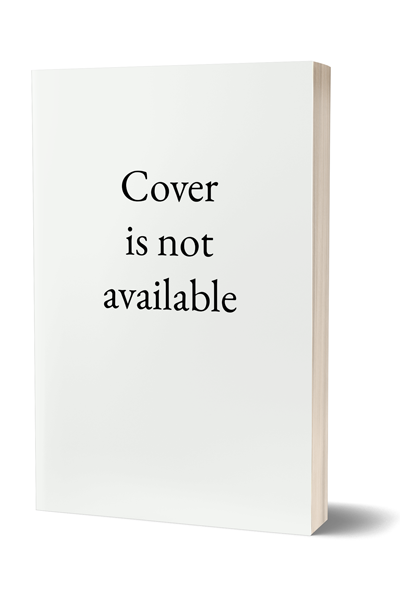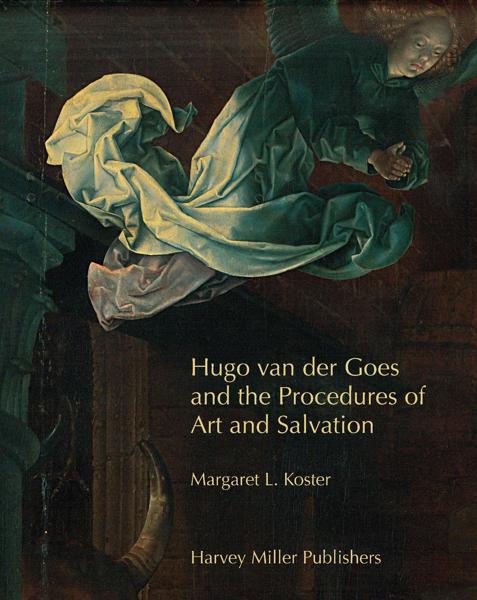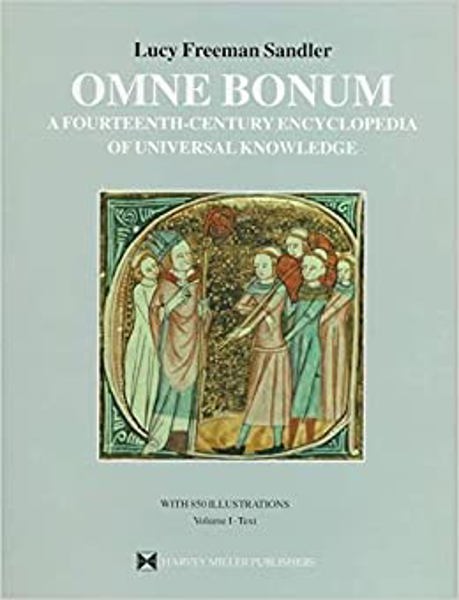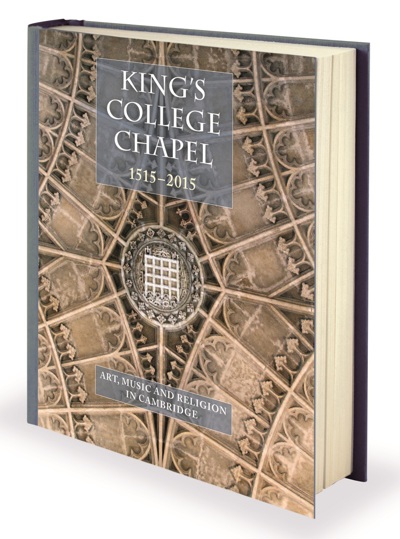
- Pages: 192 p.
- Size:210 x 275 mm
- Language(s):English
- Publication Year:1997
- € 35,00 EXCL. VAT RETAIL PRICE
- ISBN: 978-1-872501-64-2
- Paperback
- Out of Print
This book describes and illustrates one of the most entertaining 'popular' art-forms of the Middle Ages, the misericord - the carved, hinged seat of the choir-stal - found in monastic and parish churches and in cathedrals.
This book describes and illustrates one of the most entertaining 'popular' art-forms of the Middle Ages, the misericord - the carved, hinged seat of the choir-stall - found in monastic and parish churches and in cathedrals. These ledges were introduced as a concession to elderly and frail monks who found it difficult to stand through the eight daily Offices. In the course of time they were decorated and eventually extensively carved with narrative scenes. English misericords have their own distinctive style and express a particular sense of humour. Intended as antidotes to the rigorous celibate life of the monks, they depict unrestrained and often bawdy subject-matter and present an explicit and frank expression of the 'unmentionable'. Most of the surviving misericords are from the fourteenth and fifteenth cen- turies though a few earlier ones are to be found; some, in London and Camb- ridge, are from the sixteenth century and have distinctly Renaissance quali- ties. Exceptionally fine series are to be found in Exeter, Lincoln, Manches- ter, Worcester, Ripon and Wells Cathedral but many excellent examples can be seen in parish churches all over the country. The book is richly illustrated from new, specially taken photographs, with full descriptive captions and a map of the locations of misericords mentio- ned. It will act as companion to students of medieval art and society, and to all those interested in the 'popular' arts, that can still be seen in our own time.





